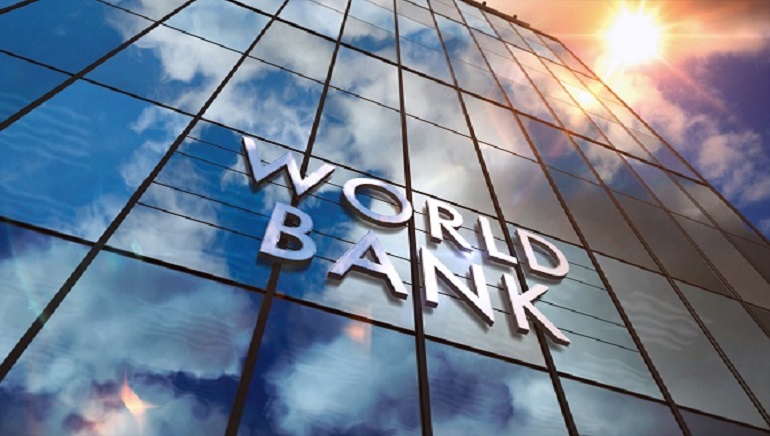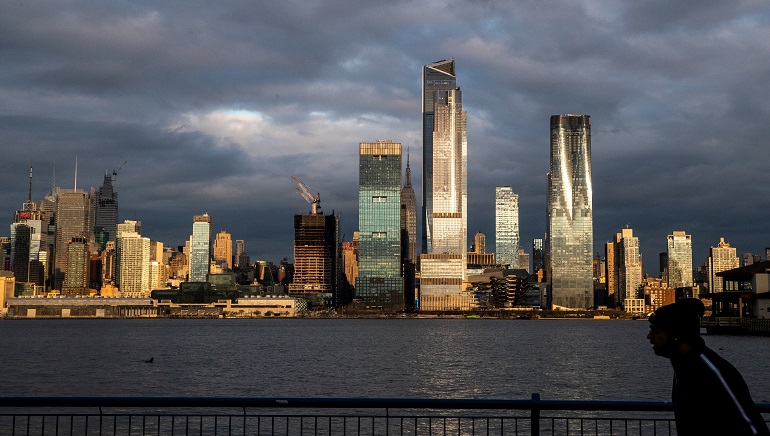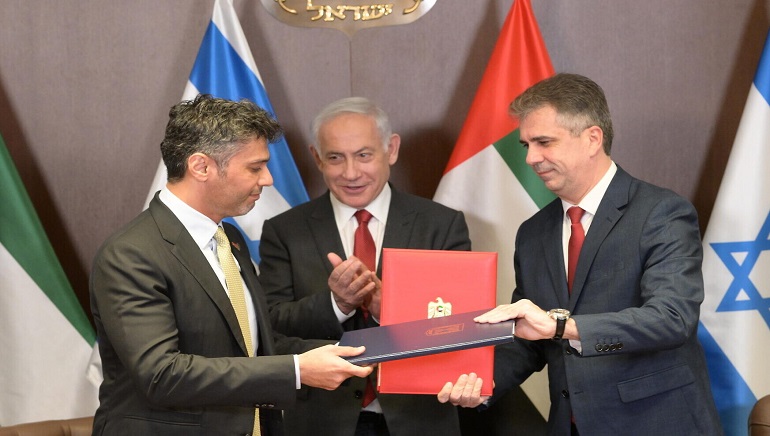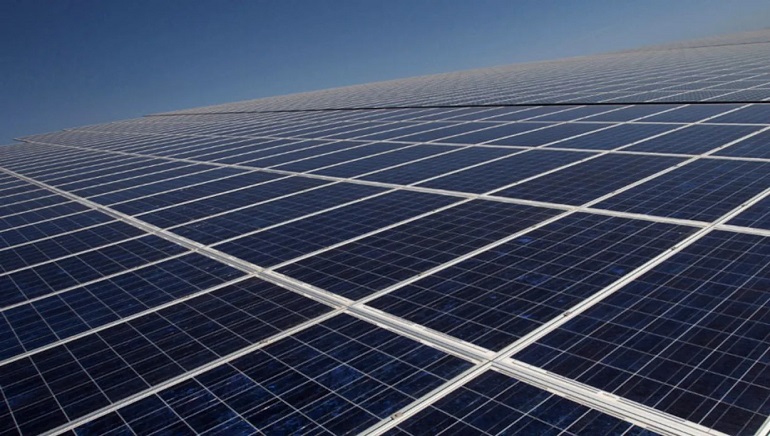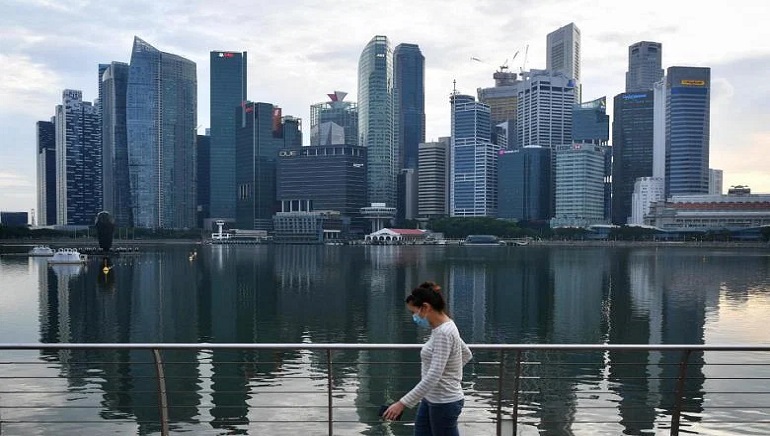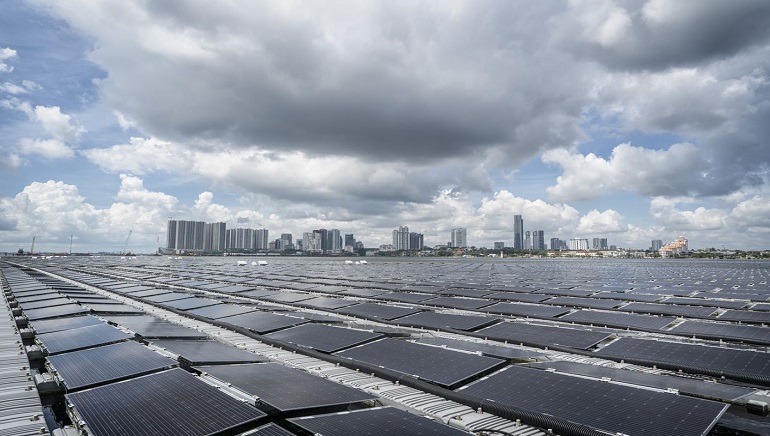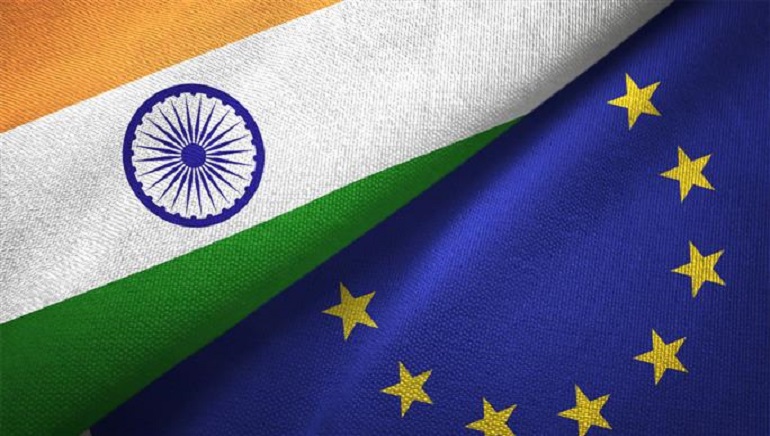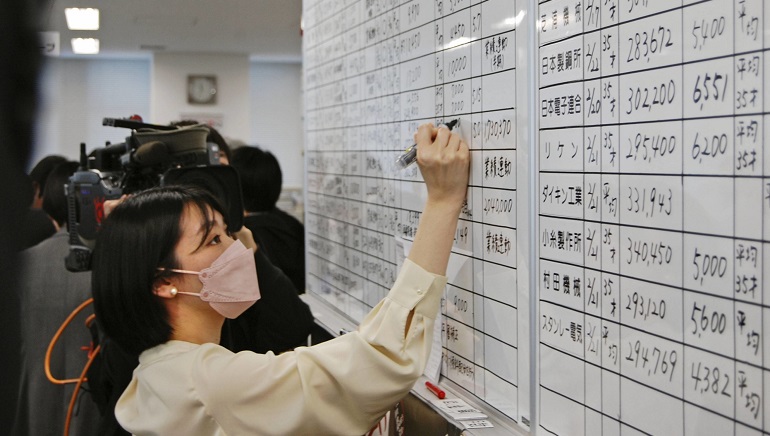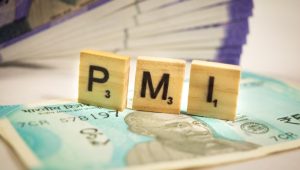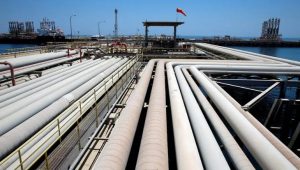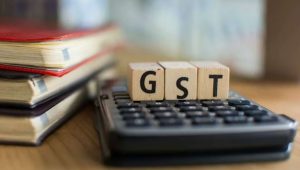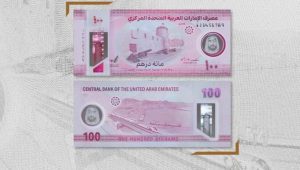The World Bank has warned that average potential global economic growth will fall to a three-decade low of 2.2% per year through 2030, bringing in a “lost decade” for the world’s economy, if policymakers fail to adopt ambitious initiatives to boost labour supply, productivity and investment.
In a new report, the World Bank said that failure to reverse the expected slowdown in potential gross domestic product (GDP) growth would have profound implications for the world’s ability to tackle climate change and reduce poverty. Concerted efforts to boost investment in sustainable sectors, cut trade costs, leverage growth in services, and expand labour force participation could boost potential GDP growth by up to 0.7 percentage point to 2.9%, the report added.
World Bank Chief Economist Indermit Gill said that policies which incentivised work, increased productivity, and accelerated investment could reverse the trend.
The overlapping crises in the last few years, such as the pandemic and Russia’s invasion of Ukraine, had ended nearly three decades of sustained economic growth, adding to worries about slowing productivity, which is essential for income growth and higher wages. As a result, average potential growth in GDP dropped to 2.2% from 2022 to 2030, 2.6% in 2011 to 21, and 3.5% rate seen from 2000 to 2010. Low investment will also slow growth in developing economies, with their average GDP growth plunging to 4% for the 2020s, from 5% in 2011 to 2021 and 6% from 2000 to 2010.





